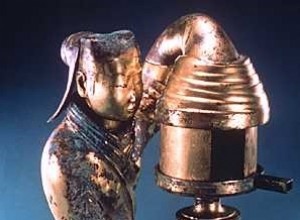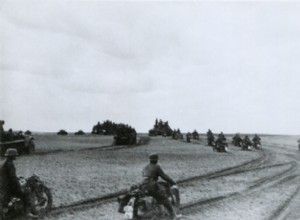The Wolof Empire , also Ouolof (fl. 14th - 16th centuries), indicates that it in the early stages of European contact with West Africa today Senegal in Inland ruled . Founded shortly after 1200 Wolof- State was ruled by a king or Burba rules, whose duties were both political




